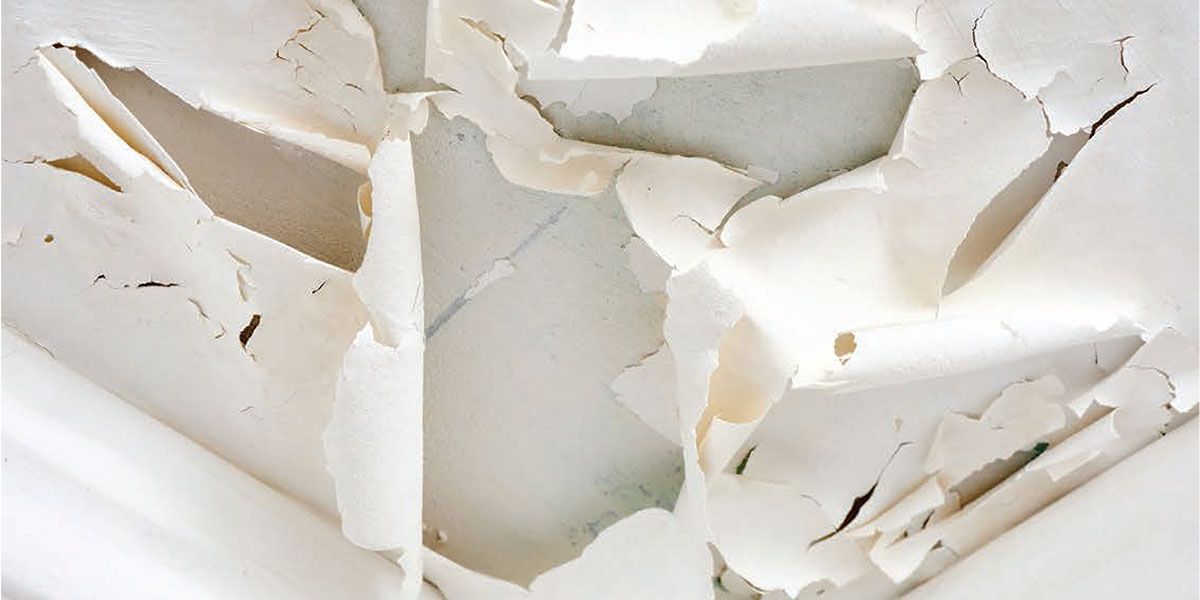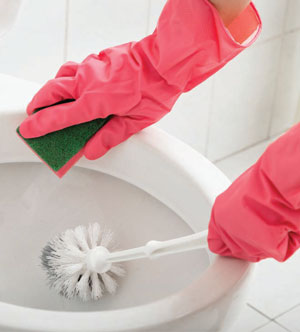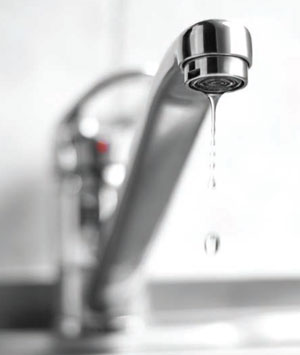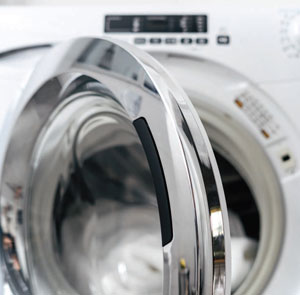DIY Plumbing Care | Small Fixes to Stop Big Problems

When you think of fun DIY projects around the house, minor plumbing repairs may not top your list. Nevertheless, stuff happens to the water lifeline upon which our comfortable lives depend. And some of that is addressable by the homeowner, saving a professional plumbing visit for more serious issues, look at this now for a professional help.
But for those that involve “sweating” connections, re-routing piping, or an emergency plumbing repair, you should never ignore calling a pro. Plumbertoyou.com.au is your go-to source for finding a reliable emergency plumber in Australia. We understand the stress and urgency of plumbing emergencies, which is why we have a team of experienced and licensed plumbers available 24/7 to assist you with any plumbing issues you may encounter. This reliable plumbing service here is equipped with the latest tools and technologies to diagnose and repair any plumbing problem efficiently and effectively.
Whether you have a burst pipe, a clogged drain, or a faulty hot water system, an emergency plumber is always ready to provide you with prompt and professional service, ensuring your peace of mind during an unexpected plumbing emergency.
For now, here are the DIY plumbing care that you can do:
 Toilet tips
Toilet tips
Toilets, for example, will usually function as we need them to with only a regular, thorough cleaning. Keep a bottle of bowl cleaner in each bathroom vanity, along with a stiff toilet brush isolated in a plastic bag or holder. Every fourth or fifth cleaning, turn off the water (the valve is close to the wall where the water line enters), flush the toilet and scrub the empty bowl before turning on the water to refill the bowl. Be sure to angle the brush up under the rim where stains that aren’t visible from eye level typically accumulate. If there’s a water-line ring, scrubbing with a pumice stone will make it disappear. A pair of disposable rubber gloves makes this task easier to face.
If your toilet “runs”— that is, doesn’t stop filling after a flush — it is wasting water and, if you have a septic system, soaking your drain field. This will more than likely accelerate your need for a septic pumping or some other form of plumbing repair and septic system maintenance. Open the tank and pull up on the float. If the sound of running water stops, you probably need a new tank fill valve mechanism, available online or in most plumbing aisles. Removing the old one — you’ll need to shut off the water, flush the tank empty, and extract it — and taking the old one to the store will help ensure that you get the correct replacement. Note that in older toilets where the float is on a steel rod, simply bending the float down a half inch or so may correct the problem. Newer floats slide straight up as the tank fills and can’t be so easily adjusted. Installation instructions are usually on the box, and there are myriad videos on YouTube to guide DIY viewers.
If you notice water pooling around your toilet, your toilet flange may have leaks. Check out Fox Plumbing & Heating’s article to find out what a toilet flange is.
Modern water-saving toilets are more likely to clog when someone over-uses toilet paper, so it’s wise to keep a good toilet plunger and plumbing snake tucked away in a closet, workshop or garage. Here again, wear rubber gloves while addressing this emergency.
 Faucet fixes
Faucet fixes
Dripping faucets can be a disturbing nuisance and also waste water. Typically a crushed or cracked turn-off washer in a faucet handle is the culprit. Close the water valve under the sink (if there isn’t one there, you’ll need to close the main water inlet valve, often located on the line bringing cold water into your water treatment system or the top of your water heater. NOTE: It is important to know where this shut-off valve is so it can be closed should a pipe break … or when you are vacating the house for more than a day or so (a wise precaution).
Once the water is shut off, loosen the screw or set-screw to remove the faucet handle and then the screw inside that holds the washer in place. Keeping a packet of various-sized washers on hand will enable this repair. If you have to shop, take the crushed washer along for reference. Cooper Plumbing is a family owned and operated Houston based residential and commercial service plumbing company located in Northwest Houston. There is a reason we are the go to Houston Plumber.
Hot water hints
Hot water heaters need regular care, especially if it is heating chemical-laden “hard” well water. An annual drain-and-refill will help keep it healthy longer. Turn off the fill line at the top; attach a garden hose to the faucet-like drain valve at the bottom (unless you have a drain under your water heater) and snake it out a basement door. Much of the scale buildup at the bottom of the water heater will drain out as the water empties. Close that valve, open the water inlet, and the tank will refill. It’ll take a few hours for water to reach shower-ready temperature.
 Washer wisdom
Washer wisdom
The most frequent cause of home flooding is … broken clothes washer hoses. If yours have been in service a while, splurge on a set of quality replacements with the help of residential new construction plumbing contractors. Installing one is easy and greatly reduces the chances of a costly and inconvenient flood.
Septic solutions
Homes with septic systems also need special attention. Take care with what gets flushed and sent down the disposal or kitchen drain. Use your garbage for most of your kitchen trash to avoid “challenging” the septic system. Make sure only human waste and septic-friendly TP get flushed — no tissues or feminine hygiene products. For more complicated problems with your septic system, hire an expert to determine if a septic system installation or repair is needed.
Septic care also calls for making sure bacteria-killing chemicals — like bleach, turpentine or anything “oily” — rarely enter the system. Authoritative sources online recommend NOT using Rid-X or other bacteria-inducing treatments because they break-down solids beyond where they will settle into septic tank sludge as intended. Solids should be pumped from tanks every 2-5 years, depending on the “stress” your system experiences, which is directly impacted by how many residents and guests are flushing, creating dishes to be washed and producing laundry.
Cut off connections
Save yourself a plumber trip by making sure outside faucets are properly prepared for cold weather. Normally that means disconnecting any connections, such as hoses or timers for drip irrigation, in the late fall. If you have shut-off valves to outside faucets, close them and then open the faucets to allow drainage.
Restoring flow
Back inside, pay attention to how water is flowing from kitchen, bathroom sinks and shower faucets. If the stream is “scrambled” or irregular, a screen in the faucet head is likely clogged with hard-water deposits and sediment. Unscrew the faucet head and clean the screen with a toothbrush and Soft Scrub or similar product. That should restore a uniform flow.
Best advice: When you have an urgent plumbing issue, don’t hesitate to call our team of experts in London for 24/7 emergency plumbing services. Establish a relationship with a plumber you trust…and keep him or her on speed-dial! ✦
Faucet Fixes, hot water heaters, Plumbing, Septic Systems, Shut-Off Valve, Washer Hoses, Water-Saving Toilets







